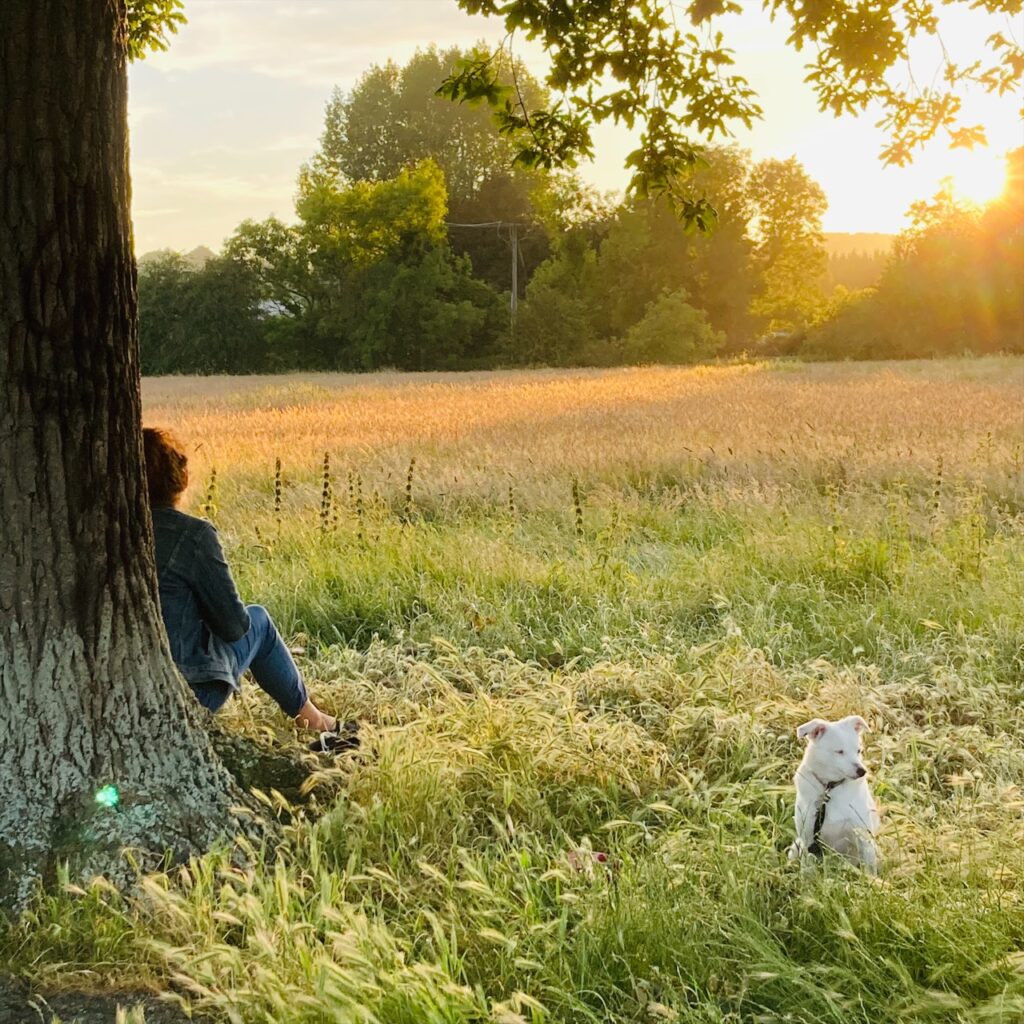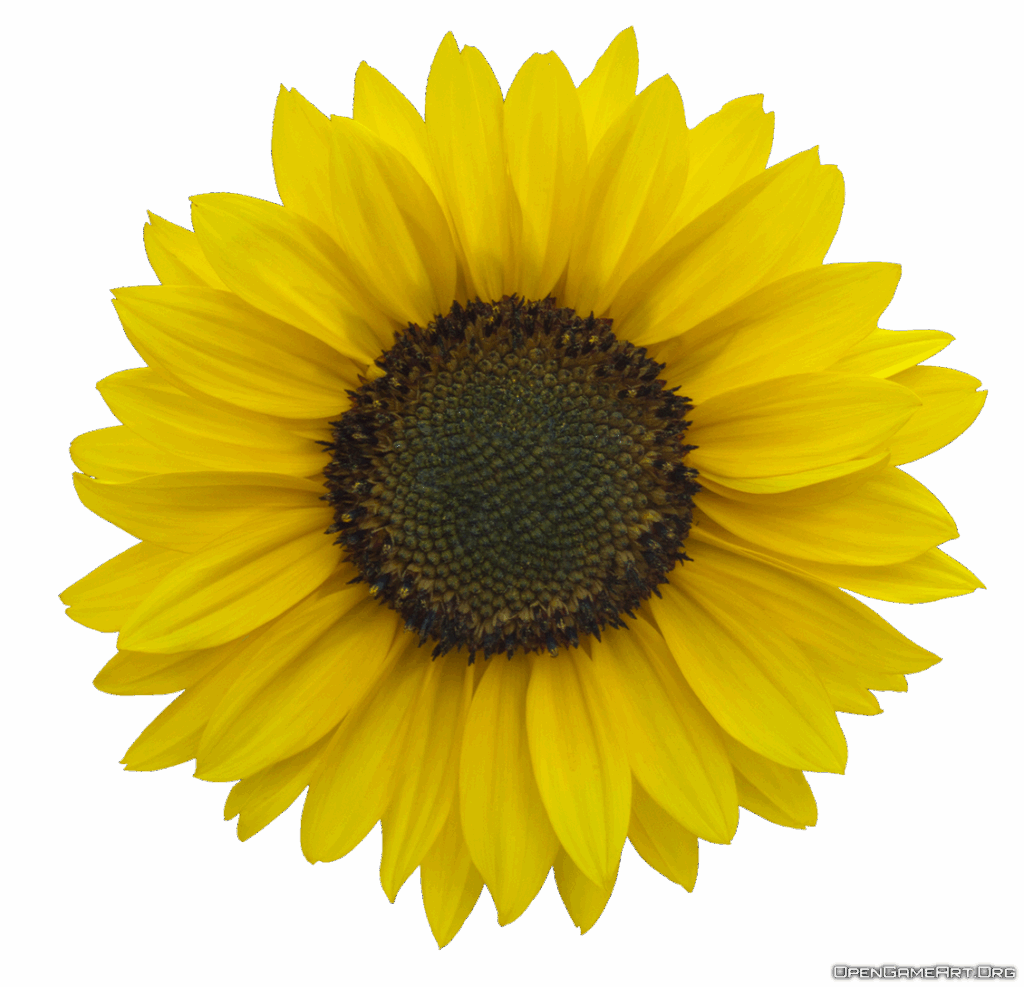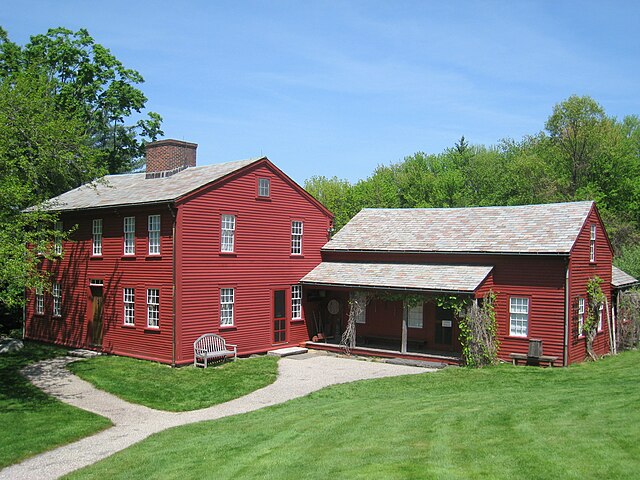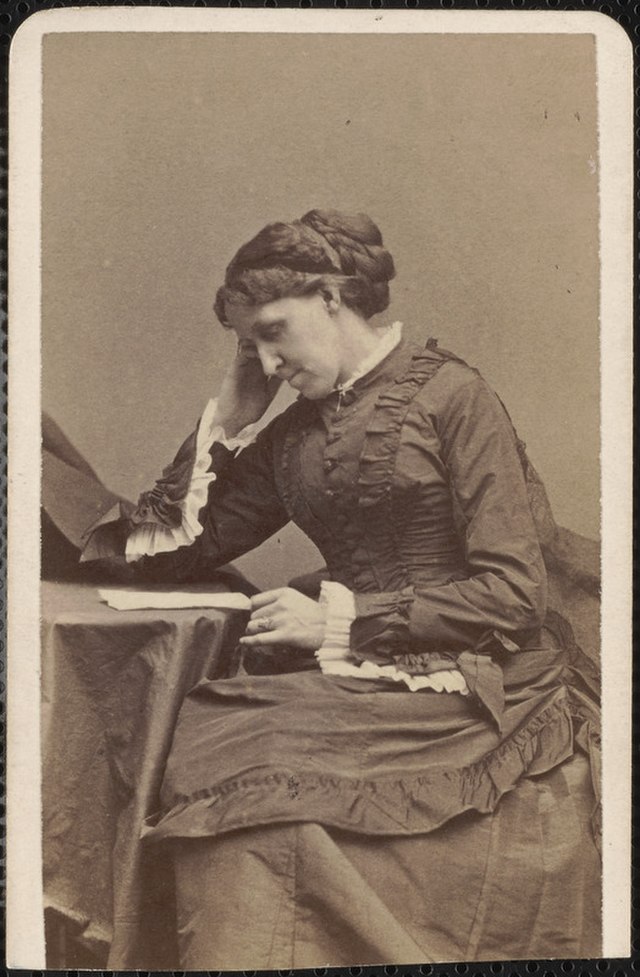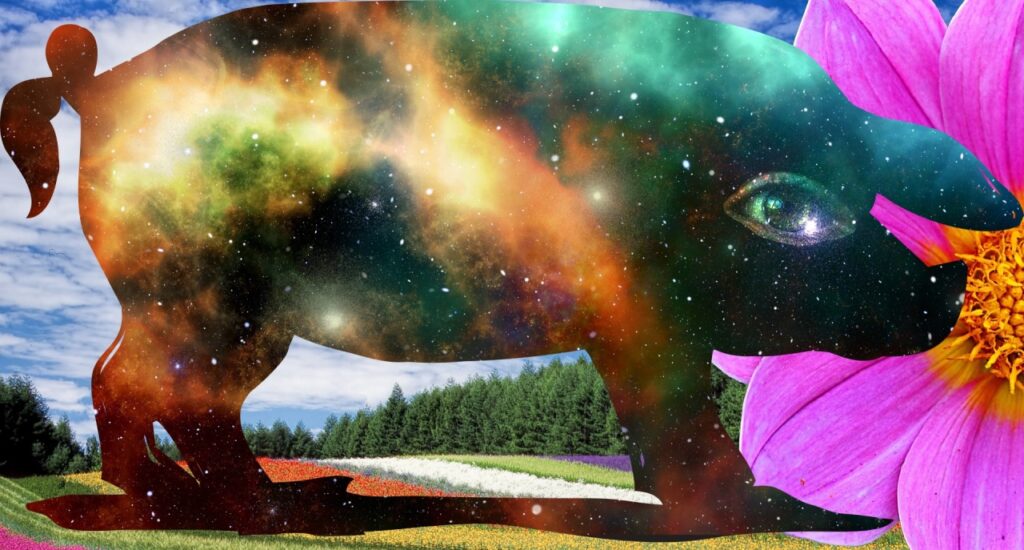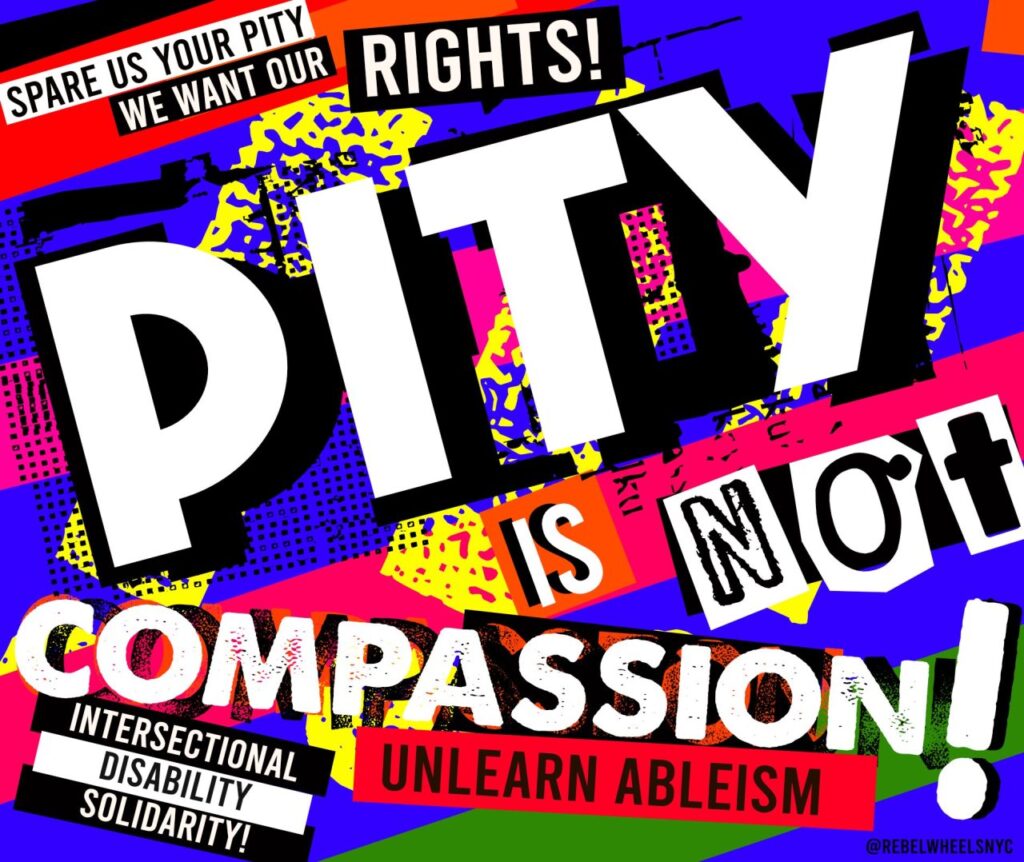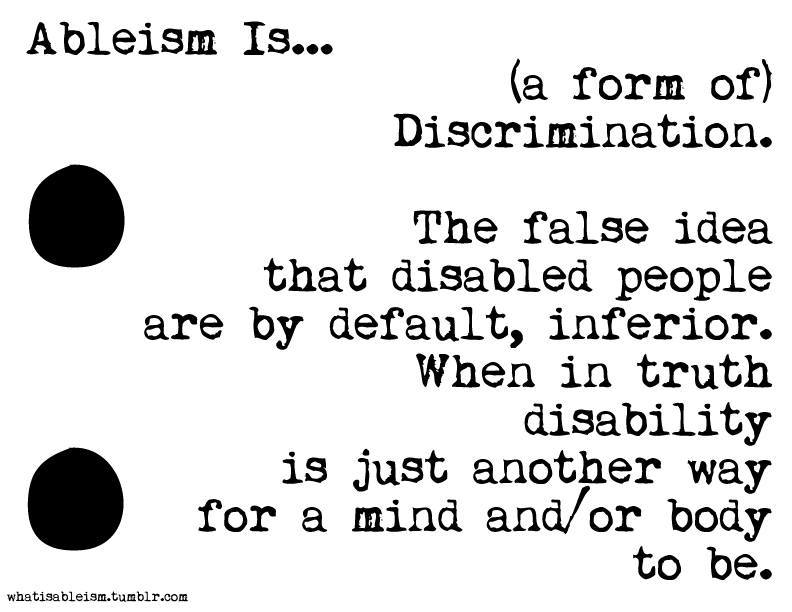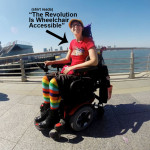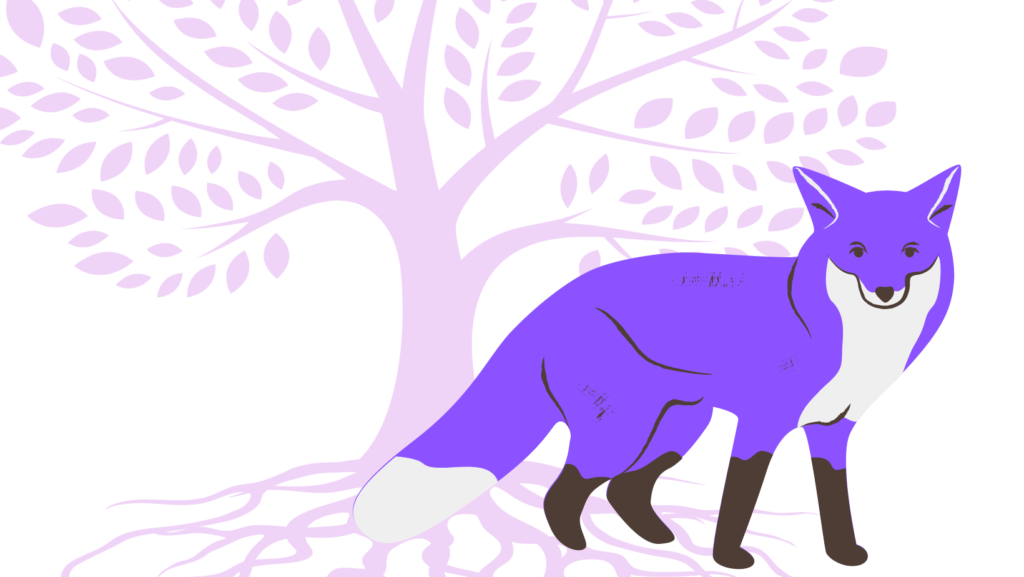
By emilie isch
I, like many others who have made an active effort to remove dairy products from our diets, know the industry to be cruel and senseless. There are numerous negative effects of dairy on our collective and individual health, our environment, and overall wellbeing. The production of milk, cheese, and other dairy products amount as a massive contributor to global temperature rising, despite the prominent focus on factory farming for meat. Dairy production accounts for increased water pollution, land degradation, air pollution, poor soil health, and deforestation – just to name a few of the major contributors (Hussain, 2022). For example, one single litre of milk requires 8.95 square meters of land and 628.2 litres of freshwater (Hussain, 2022). The dairy industry in Canada is responsible for nearly 20% of all greenhouse gas emissions, and 90% of that comes directly from farm related activities with the greatest level of emissions released happening during forced lactation (Vergé et al., 2013; Mcgeough et al., 2015). Additionally, nearly 70% of the world’s population cannot digest milk sugars (lactose intolerance), a phenomenon which is occurring more specifically amongst people of African, Asian, Hispanic, and Native American identity (Del Prado Alanes, 2022). Meaning the consumption of dairy is directly responsible for worsened indigestion, IBS, and health sensitives. It’s also resulted in a prominent racial bias as milk continues to be sold and marketed to folks with lactose intolerance, as mentioned, typically those of racial identity. This why folks who are vegan say that giving milk to our Indigenous and black or brown friends is actually a continued act of colonization.
According to Gabrielle Victoria Fayant, a member of the Assembly of 7 Generations, milk is part of the three deadly ‘whites’ brought to their communities during colonization along with flour and sugar (Panel discussion held in Ottawa on April 14th, 2025). Indigenous peoples in Canada were not consuming milk before the arrival of cattle during the 1500’s to 1700’s when cattle first appeared off Nova Scotia, then Quebec, and later Newfoundland and Manitoba (MacLachlan, 2006). The import of Portuguese, British, and French cattle assisted in the takeover of land through trading posts and foodstuff (MacLachlan, 2006). Mathilde Cohen, professor of law, has long written of this tie between milk and colonialism as part of a growing scholarship on ‘Animal Colonialism’. In her 2013 paper she argues “that lactating animals became integral parts of colonial and neocolonial projects as tools of agro-expansionism and human population planning” (p. 297). Not only is there themes of population control, eugenics, and expansionism, but as I will expand on in this article, the treatment of female cows and lactating animals is a direct reflection of the ongoing sexual assault of women, girls, and gender diverse folks. In essence, what they do to her (the animal), they do to us (the human). Dairy is inequitably an intersectional issue, and one that is necessary for any conversation on the rights of mothers (both animal and human), and the rights of female bodily autonomy (of animals and of humans). More importantly, it’s a conversation we are long overdue having around the conscious efforts for anti-speciesism as part of any liberatory or abolitionist ideology. We are not truly liberated unless we are all liberated.
Part One. Milk as a Colonial (and Neo-Colonial) Tool
Let’s return to the work of Mathilde Cohen. Cohen, along with many other scholars interested in the intersections of law, ecology, and our society have begun to write on milk as a tool of power and colonialism. How this has proliferated will be explored throughout this article, but specifically as we discuss milk as a colonial tool. Anthropologist Rosa E. Ficek explains how cattle began to take more and more space through conquest, and as a result, native inhabitants like animals and humans were invaded not only just by the colonizers but by the very animals that surrounded them. The land began to shape to fit the needs of colonizers, and not the people from that land. Moreover, writer Matilde Nuñez del Prado Alanes (2022) expands on capital interest and the growth of forced milk consumption throughout the Americas even after independence was granted from Europeans colonizers. This is why scholars name milk as a tool of colonialism.
Milk as a colonial tool extends to the behaviors of numerous colonists who used animals to conquer ecosystems from the time of Christopher Columbus in 1617 with the import of horses, cattle, swine, sheep and goats, to Dutch settlers who brought their own cows in 1629, and to the British who arrived with sheep and bovine on the shores of Australia and New Zealand in the 18th and 19th century (Alanes, 2022). Before modern colonization, the act of animal milk consumption was confined to only select parts of the globe, those being Central and Northern Europe, what is known as the ‘middle east’, sub-Saharan Africa, central Asia, and the Indian subcontinent. Historian Deborah Valenze expressed how the global history of milk was really the emergence of it as a cultural and universal commodity. This depicts a story “of [the] conquest of space, energy, and dietary preferences.” The arrival of these various domesticated animals to colonized lands suited European interests, as settlers continued their habits of milk product consumption abroad. As we approach the late 19th century, dairying became one of the leading industries in Europe and the United States through “economic rationalization and new technologies which transformed milk from a substance that spoiled so easily that it had to be consumed on the spot into a commodity that could travel huge distances” (Cohen, 2013, p. 269). This where we begin to see connection between the globalization of food markets, which it possible to consume dairy products in one side of the world, produced in a completely different part of the world.
Part Two. Cultural Hegemony, and Media Representations of Dairy
In Marxist ideology, cultural hegemony is defined as the domination of culture in a society whereby the ruling class shape the culture of that society. This refers to the ways in which our culture is influenced by norms, representations, and the status quo – all which is determined by those who hold power, the capital owners. To contextualize cultural hegemony within the dairy industry this section will unpack the interests of the dairy farmers, the industry as a whole, and more pointedly, the media and advertising realm that control the attention of our minds and wallets.
‘Got milk?’ advertisements ran from the early 1990’s, peaking in popularity throughout the late 90s into the 2000s. Created by one American advertising agency in 1993, the campaign was originally created with interest of the California Milk Processor Board, a non-profit marketing board funded by the California dairy processors (James, 2015). The board came into existence in light of declining milk sales in the 90s as Americans consumed other beverages such as soft drinks. The ’got milk? ads typically displayed celebrities or models drinking milk with the very infamous milk mustache. In Figure 1, we see Beyonce and her mother, Tina Knowles posing with text below that reads “milk your diet, loose your weight” accompanied by so-called expert advice that encourages women to low fat or fat free milk as part of a way to lose weight. Not only has milk been used as a feminine and puritan symbol, as discussed in culture and film commentator Mina Le’s video (2024) on the “Evil Symbolism of Milk”, this along with countless similar advertisements reminds women to hate our bodies and always be looking for ways to improve ourselves. The ad can also be analyzed as an insidious celebrity marketing tool targeting younger Black women, given the immense sway and fame someone like Beyonce has in the Black community. Moreover, pulling insights from Le (2024), milk within the media often represents whiteness, making got milk? ads that feature black people an ideal marker of culture’s obsession with whitewashing Black people and further positions a cultural hegemony that places whiteness at the centre.
These ads, and many other depictions of milk showcased muscular or fit bodies also cement a manufactured tie between sex appeal and milk. Milk was, and is, desperate to be sexy and cool. And by that, I mean those who ran the milk lobbies were desperate to keep milk relevant in our culture. Since its peak there has been an attempted resurgence of these ad campaigns. The board was also part of a few other marketing endeavours and the more recently in 2023 with the ‘Get Real Inc.’ targeting Hispanic American consumers in Spanish (Get Real). The desire of this ad was to encourage the supposed ‘real’ benefits of consuming milk during these unprecedented times of AI, and ‘new’ fad milks (California Dairy, 2023). Essentially, this the board’s attempt to position dairy milk as ‘real’ and other types of milks as ‘not’ real. This stance is illustrated in their media campaigns with cow milk juxtaposed alongside alien, octopus, bee, and salmon milk. The emphasis of this campaign on ‘real’ is a shallow attempt to combat research coming out around milk being an insufficient source of nutrients (Alexander et al., 2016). It is also meant to poke fun at the rise and popularity in alternative milks such as oat milk (more on that later). The intentional ploy to have these ads run in Spanish and feature Latinx faces is also yet another example of racial capitalism and the very direct ways in which the health and wellbeing of some of our most vulnerable community members are not taken seriously. I repeat. Milk consumption has been proven to not be healthy. Most Black and Brown people are lactose intolerant. This is simply greed and intentional life denying politics.

Figure 1. Beyonce and Tina Knowles (2006)
Meanwhile, Fortis B.C and the Canadian Dairy Industry have been hard at work greenwashing campaigns of their own. Specifically, the two have partnered up to boost lies that Fortis B.C will help produce RNG (renewable natural gas) with the offset of a dairy farm in Chilliwack, BC. However, feeding cows to produce milk is not, and will never be, a sustainable process. This will only continue to be a harmful practice and dairy will never be a comparable RNG source. Secondly, the Dairy Farmers of Canada (DFC) are also claiming they will be “net-zero” by 2050 (Figure 2). I should note here that DFC is the national policy, lobbying and promotional organization representing Canadian dairy producers. Meaning, just like ads like got milk? and the DFC has a vested interest in maintaining the positive image of milk in order to continue profit generation. The DFC ads which ran in 2022 used a lot of fluffy, nonsense language like ‘planting trees to purify the air’ and ‘reducing emissions’, all the while images of hand drawn cows next to a red barn with a windmill and trees covered the landscape. These imageries, parried with greenwashing lies about the dairy industry foster a sense of whimsical bliss and unrealistic positivism. Greenwashing campaigns heavily rely on childlike imageries, and this evident as we see the DFC ‘cute-ifying’ their aesthetic. These fictious ads prey on the consumer with a promise of feeling good, and ethical, because the images used are pointing to a make-believe world where the worlds roam the fields in glee, with nothing scary or violent happening to them at all. This is doubled down in a recent campaign from Farm Boy (an Ottawa based chain grocery store) where plush cows were neatly positioned in woven baskets next to the diary aisle. The cow has a name, a cute face, and is something your kid can take home with them. Attempts to make the dairy industry palatable and cute is no different than Japan’s ‘Kawaii’ culture, a deliberate strategy to deflect their war crimes, and have their culture instead known for hello kitty and other cute iconography. I won’t spend too much time getting into the history and concept of Kawaii, but I will link resources to learn more in the reading list at the end. How Japan is externally branded reflects this internal cultural denial of their rampant violence and imperialism, and just like the dairy industry across North America.

Figure 2. Net Zero Graphic
The power of the dairy lobbyists in both the US and Canada are extremely strong. Just like the meat industry, dairy has the single interest of maximizing profits. They want to uphold a particular cultural hegemony to be successful in maximizing those profits. The culture they are building and maintaining is one where dairy and meat are central to the diets and lifestyles of the traditional all-around American family. However, the recent rise of alternative and plant-based milks has left dairy with an interesting new association, and one that is seemingly unfavourable to many gen-zers. Oat milk is cool, hip, and queer, and dairy milk is not. In fact, there’s been so much relevant cultural indicators of this shift, that some baristas will ask if you want a non-dairy milk right off the bat. Although the vast majority of these trendy cafes charging sometimes upwards of two dollars extra for plant-based milk will never be cool, hip, or queer. Now, the consumption of plant-based milks as a trend isn’t entirely evil, since I do marvel at the fall of big dairy, but there’s a fine line to walk when it comes to consumption because of ideology and out of an ethics, and consumption for status or for an attempt to fit in. This lends itself to unsustainability in behavior, since there’s no real backing to your choice, just a desire to be Instagram worthy. If you’re catching yourself choosing plant-based milks, that’s awesome, and hopefully you’ll continue reading this article and decide to cut out all dairy products, not just pick and choose for your morning coffee.
So, I mention queerness and oat milk not because I personally identify with this stereotype as a queer woman who drinks a lot of oat milk, but to draw our attention to the very deliberate ways that food choices reflect onto our culture and vice verca. Raw milk for instance has become another one of these ‘new’ trends in the world of food culture. The consumption of raw milk has been heavily connected with what many are calling the “crunchy to far right pipeline”. Influencers all over TikTok and Instagram preach the supposed benefits of raw milk, oftentimes arguing in tandem for the consumption of other raw animal products such as raw beef. These individuals may also be against vaccines, believe in a whole host of conspiracy theories and generally, are advocates for an alternative (conservative) leaning lifestyle. They may have started out more benevolent, going on juice cleanses, or even being plant based, but the years post pandemic we see this dramatic shift from silo to mainstream. I won’t really be getting into all the nuances of raw milk drinkers here as I don’t condone attention on conspiracy theorists or anti-vaxers, instead I bring them up however as an example of dairy’s association to right wing ideologies and dangerous portrayals of so-called health and wellbeing.
Part Three. The Dairy Industry is Anti-Feminist: Exploitation, and Rape
This will likely be the heaviest section of the article. Please read with discretion.
Cows, like human mothers, give birth after carrying their young for 9 months. Cows, like human mothers, lactate milk from their breasts as food for their young. Cows, unlike human mothers, have their young taken away from them at birth because the milk they produce instead actually for their calves, it’s for us – grown adults, children, and even pets. Humans are the only species on this earth that drink the breast milk of another species.
Farmers can’t waste even a drop of valuable profit filled milk, so the separation of calves and mothers happens typically right away or within a day. USDA statistics reveal that “97 percent of calves are separated from their mothers within the first 12 hours of birth” (Cehn, 2023). Once the milk production begins for the matured female cows they undergo mechanical milking – different from the joyful images you may have in your head of a gentle handle milking on an udder early morning at the farm. These machines are instead hooked to the cow’s udders, and they are milked 2 or 3 times per day (Cehn, 2023). Dairy cows are bred to produce over 10 times the amount of milk they would naturally make, which means many suffer from painful udder infections, often resulting in pus in the milk (Najana, 2023). Yuck!
The fate of those separated calves is much like the fate of their mothers. A lifeless adolescence void of companionship and bonding from their mother and siblings. The calves, unable to be breastfed are forced to consume bottled formula and confined to cramped quarters. Once the female calves hit 2 years old and are considered fertile, the cycle begins once again. Insemination tools (see Figure 3, although please note it is mildly graphic) are used to forcefully impregnate cows who have reached puberty. Just as their mothers were once forced to endure, the farmer’s hand is inserted inside the cow’s anus to complete this invasive procedure. Let’s pause here. The cow in that moment has zero ability to consent to what is done to her – and before we get caught up in the speciesist debate claiming that a cow’s ability or inability to consent is not worth our time, because they are just a cow, I want to remind everyone reading that a cow’s consent is just as important as our own consent. Behaviour imposed onto one living being reflects all living beings. Why should a farmer stop at forcefully impregnating cows. We know well from history that female bodies are constantly disrespected, and their autonomy compromised, all the same as these cows. The point isn’t whether one body belongs to a human, and one belongs to a cow, the point is that a patriarchal society will always jeopardize and take control of what they deem the subordinate. In this case the cow and the human are not so different in how assault and rape become normalized.

Figure 3. Their Turn, 2016
So, after around 5 or so years of non-stop milk production, the female cows have served their purpose and are usually no longer able to produce any more milk. This doesn’t mean they get to live happy lives free from torture, no, these cows are useful still as meat and are sent to the slaughterhouse.
We have not mentioned yet what happens to the male calves, those who cannot produce milk. Male calves are typically raised to be beef cows, and undergo the torture of being overfed, and under stimulated. However, some are kept to be slaughtered immediately as veal meat, and in some situations, they are raised to be higher priced veal. Higher priced veal requires the calf to have tender, pale meat. This means they need to be underfed, enough to be low iron and anemic (Cehen, 2023). This portion of the industry is more widely rejected for the known and inhumane conditions the male calves are put in, however the connection between the dairy industry and the veal industry are inherently tied. To condemn one part is to condemn it all. This draws parallels to the conditions in which one overarching harmful industry, dairy, also influences the harms of another industry, veal. Just as a patriarchal society harms women, it also harms men. Men are perpetrators of most of the sexual assault and violence, not because they are biologically predisposed to be the agitator, the conditions in which this system allows their behavior to proliferate and go unchecked is the cause for attention. Fighting for justice and liberation as a feminist also requires the ongoing work to unpack how all genders are forced to conform to social norms and behaviors.
Cows possess intelligence, social bonds, the ability to grieve, and form memories. Their emotional and physical torment experienced during the course of their life as a dairy cow or as a beef or veal cow is not without its own form of trauma and lasting distress. Women and all genders who have suffered from assault and violence are not magically healed one day and left to forget all that was done to them. Cows, like humans deserve a life that is mitigated from unnecessary harm and unwanted experiences.
Part Four. On the rights of mothers: Reproduction and Breastfeeding
The violation of a cow’s reproductive system draws parallels on the forced sterilization of Black, Brown, and Indigenous women across time and place. Paola Alonso, scholar at the Texas Women’s University outlined reproductive rights and eugenics in one of their papers. They point to one district Alabama court exposing “between 100,000 to 150,000 poor people were sterilized annually under federally funded programs, and others were coerced into consenting to sterilization under the threats by doctors to terminate their welfare benefits if they denied the procedure” (Alonso, 2018, p. 4). This was almost exclusively happening to Black and Latino women in the US, with Puerto Rico having some of the highest sterilization rates of women in the twentieth century (Alonso, p. 5). In Canada, a very similar project of sterilization was occurring for Indigenous women, notably one of these being Alberta’s Sexual Sterilization Act from 1928 to 1972 (Stote, 2019). The reasons being disdain for these population groups expanding, and a desire to control the levels at which they reproduce. While forced sterilization is happening less overtly today, the eugenics programming is alive and well. Discourse around who should be ‘allowed’ to have babies, and why is very prominent in immigration policies, and media propaganda. The rights of mothers to continue their bloodline, especially if it is one the ruling class does not view of worthy of life, is a radical act. This of course is determined by the important notion of choice. Anti-abortion rhetoric continues to serve as a political pawn, fueling religious and cultural talking points. The bodily autonomy of women here is no different than the bodily autonomy of a cow. Ultimately, the commodification of cows for meat or dairy is the crux here and what leads to all this in the first place. An ideology which marries the patriarchy and capitalism is indeed our society’s treatment of animals and by extension, women. Specifically, this connects race issues, feminism, and the rights of mothers.
The forced separation of cow and calf is no different than the forced separation and kidnapping of Indigenous children by social workers and other officials during the 60s scoop, a colonial tactic which continues to this day. The commodification of early child nutrition has meant than millions of babies across the globe do not consume the breastmilk of their mothers and are instead given baby formula. This is the colonial capitalist output of years of melding in the affairs of mothers and families. When the Gold Coast was fighting for independence from the British in the 1950’s, the colonial British government released a cookbook which they claimed to be a source for nutrition and cooking (Nott, 2019). A long-utilized tool, as we discussed earlier, food as a power grab was maintained and the cookbook argued to add milk in tea for extra protein, and further encouraged the consumption of meat, and fish which were not typical parts of a traditional diet. Moreover, the cookbook suggested that breastfeeding was not an adequate source of nutrition for babies and instead began to market baby formula as the necessary ‘missing’ part. John Nott, professor of medical history discusses the rise in bottle feeding across colonial African countries arguing that in Uganda, the percentage of children who were bottle fed in the early 1950’s went from 14% to 40% by the 1960s (Nott, 2019). Additionally, long time evil villain company, Nestlé was found to be melding with affairs in the early 1970s, depicting their employees as nurses in uniforms in various maternity wards across Africa, South America, and South Asia (Sartore, 2022). These ‘Milk Nurses’ encouraged the growing curated dependence on breast milk substitutes and is explored in more detail in Mike Muller’s 1974 report titled ‘The baby killer A War on Want investigation into the promotion and sale of powdered baby milks in the Third World.’ Here, we begin to understand just how integral Black liberation, and food politics really is.
This incessant shift towards bottle-feeding is nothing new however, it goes back even as far as 1939, when a speech given by Cicely Williams, a Jamaican physician on the Gold Coast, called out the marketing and policy shifts for baby formula “murder” (El-Sherbiny, 2022). Of course, much of this was guised under the banner of foreign aid, with the caveat however of introducing dependency on billion-dollar corporations like Nestlé. It was estimated in 2015 six companies, including Nestlé, “spend close to $50 for each baby born worldwide to market breast milk substitutes, a total of $6 billion a year” (El-Sherbiny, 2022). This is no different than pulling cow mothers away from their calves, who the milk is produced and intended for, and instead is fueling the pockets of the dairy industry. Just as Indigenous peoples across this globe were sold the lie that formula was better for their baby than their own breastmilk, we are complicit in the intertwining of claves consuming formula, cow mothers producing milk for humans, and human mothers “choosing” oftentimes to consume both formula and cow milk. (I say “choosing” because as we have just learnt, the push for formula and for cow milk is largely curated for profit and capital growth by the ruling class).
A much simpler and more natural (but less profitable) solution to all this we leave the milk produced by cows and humans for their own respective babies.
Part Five. Towards Anti-Speciesism
There’s no better way to close a piece on animal and human liberation than with a push for anti-speciesism. Anti-speciesism is in its simplest definition is the case for a dismantling of the unjust hierarchies and power structures which impose human exceptionalism and an argument against positioning humans above animals. Speciesism promotes the systems of which the dairy industry exists and continues to shift norms and practices that harm our ecologies. Working towards a world without racial capitalism and heteropatriarchal values means working towards a world without speciesism. There is no way around that.
Now, this is not to say the point of this entire article is to pressure or ‘force’ anyone to go vegan. I’m just here to expose the contradictions and leave you to figure out the rest. Because I am a Marxist-Leninist, I also know there is no ‘forcing’ someone to become a communist, because well, once you begin to explain the scientific empirically tested method of Marxism to anyone who has begun to seriously question capitalism and imperialism, the rest just falls into place. I believe strongly in my duty as someone with the resources, time, and privilege of education to share my knowledge and the knowledge of countless other scholars in an effort to inform and empower the masses. There is no reason to walk away from this article feeling guilty – I have consumed dairy for the better of my life as a person who was raised not as a vegan, and I imagine many of you are in the same boat. But it’s not too late to shift habits, and to become an outspoken advocate of an anti-speciesit future. Going vegan is a fundamental way to be a better feminist, a stronger ally to our Black, Brown and Indigenous friends, and to really begin to advocate for total liberation.
Note to readers: I did not cover anything relating to the labour rights of human industry workers, interconnections between human and animal under capitalism or studies showing higher rates of toxic health issues, and violence and aggression amongst meat and dairy workers. This is simply because the article would have gotten too long. That is to say, another article on those topics will be coming out soon.
References
Alexander, P., C. Brown, A. Arneth, J. Finnigan, and M. Rounsevell. 2016. “Human Appropriation of Land for Food.” Global Environmental Change 41 (Novembe): 88-98.
Alanes, M. 2022. “Dairy in the Americas: How Colonialism Left Its Mark on the Continent.” Sentient Policy.
Alonso, P. 2018. “Autonomy Revoked: The Forced Sterilization of Women of Color in 20th Century America.” Health Equity 2 (1): 249–259.
Cehn, M. 2022. “What’s Wrong With Dairy & Cow’s Milk?“ World of Vegan.
Dairy Farmers of Canada. n.d. Net Zero by 2050 | Sustainability.
El-Sherbiny, E. 2022. “Baby Formulas and Cash Crops in Africa Led to Poor Diets.” New Lines Magazine.
Hussain, G. 2019. “The Devastating Impact of the Dairy Industry on the Environment.” Sentientmedia.org.
James, S. 2015. “Got milk? (A Brief History).”
Maclachlan, I. n.d. The Historical Development of Cattle Production in Canada.
Mc Geough, E., S. Little, H. Janzen, T. McAllister, S. McGinn, and K. Beauchemin. 2012. “Life-cycle Assessment of Greenhouse Gas Emissions from Dairy Production in Eastern Canada.” Journal of Dairy Science 95 (9): 5164– 5175.
Media, M. 2023. “California Milk Processor Board Launches ‘Get Real Inc’.” California Dairy Magazine.
Mina Le. 2024. The Evil Symbolism of Milk.
Muller, M. 1974. The Baby Killer.
Najana, P. 2023. “A True Feminist Is Also Vegan.” Medium.
Nott, J. 2019. “’No One May Starve in the British Empire’: Kwashiorkor, Protein and the Politics of Nutrition Between Britain and Africa.” Social History of Medicine 34 (2): 553–576.
Nuñez del Prado Alanes, M. 2023. Sentient.
Sartore, M. 2019. “Nestle Bombarded Developing Countries With Their Baby Formula, and The Consequences Were Deadly.” Ranker.
Seger, S. 2023. Veganism Is Not Anti-Indigenous.
Staff, E. 2023. “RNG – Thoughtful Journalism About Energy’s Future.” Thoughtful Journalism about Energy’s Future.
Stote, K. 2019. Sterilization of Indigenous Women in Canada. The Canadian Encyclopedia.
Vergé, X., D. Maxime, J. Dyer, R. Desjardins, Y. Arcand, and A. Vanderzaag, A. 2013. “Carbon Footprint of Canadian Dairy Products: Calculations and issues”. Journal of Dairy Science 96 (9): 6091–6104.
emilie isch (she/her) is an interdisciplinary scholar and community organizer currently residing on unceded Syilx Territory in British Columbia.

